
Comment est ce que je peux me préparer à l’examen?
- Afin de vous entraîner pour les épreuves vous pouvez consulter les sujets zéro ici: Sujets Zéro BAC 2021
- Vous pouvez aussi consulter l’excellente chaine sur YouTube E3C English où vous trouverez des vidéos pour vous entraîner ainsi que des tests de vocabulaire par axe
- https://www.youtube.com/watch?v=QlANkid-P7o
Qu’est ce qu’on attend de vous lors des épreuves E3C en anglais ?
Compréhension de l’oral – Qu’est ce que je dois faire ?
Vous devez écrire un compte rendu d’un document sonore que vous entendrez 3 fois. Dans votre compte rendu essayez de répondre aux questions suivantes :
- Quel est le thème principal du document ?
- A qui est ce qu’il peut s’adresser ?
- Quelles sont les informations les plus importantes ? (on n’attend pas tous les détails ni tous les chiffres ! Mais si vous avez pu noter des dates ou des pourcentages bien sûr vous pouvez les mettre dans le compte rendu !)
- Quel est le lieu ou la situation du dialogue ?
- Quels sont les différents points de vue ?
- A quoi sert ce document ? (Informer, relater, convaincre, critiquer….)
Comment dois-je rédiger mon compte rendu?
- Dès la première écoute il faut essayer de prendre des notes. Même si vous n’avez pas tout entendu ni tout compris vous pourrez les compléter par la suite. Laissez de l’espace entre vos notes pour rajouter d’autres informations par la suite.
- Ecrivez votre compte rendu en suivant la chronologie du document avec des phrases correctes en français (pensez à utiliser des mots de liaison)
- Le temps est limité donc il est très important de bien gérer votre temps et de vous laisser quelques minutes pour vous relire. Environ 15 à 20 lignes de compte rendu sont suffisantes.
Comment est ce que je suis noté?
La grille comporte trois critères présentés dans trois colonnes que l’on peut distinguer ainsi :
- colonne 1 : identification du contexte et de la situation d’énonciation = le document dans son contexte (qui parle, d’où et à qui) ;
- colonne 2 : identification des réseaux de sens = le document dans son fonctionnement interne (sa structure d’ensemble ainsi que l’enchaînement logique des éléments qui le composent, sa cohérence globale) ;
- colonne 3 : identification des stratégies de communication = le document dans sa visée, sa portée, l’intention de son auteur.
Expression Ecrite – qu’est ce qu’on attend de moi?
Pour l’expression écrite vous aurez à rédiger un texte de 120 mots environ.
Vous aurez le choix entre deux sujets. Vous devez choisir un seul sujet!
Le sujet peut être:
Un dialogue
Pour cela apprenez quelques verbes et adverbes que vous pourrez utiliser dans votre texte
- he exclaimed, she whispered, he shouted, she cried, he answered, she added
- he said quietly, she shouted loudly, he added angrily, she whispered softly
- Adaptez le niveau de langue (familier, courant, soutenu…) et le style d’écriture aux interlocuteurs (enfant, adolescent, adulte…)
- Vous pouvez aussi ajouter des interjections « hey! » « what?! » ou des petites phrases à la fin des phrases: « you know what I mean? » « You see? » « Ah I see now »
– Ecrire une lettre ou un journal intime
Vous pouvez télécharger les guides en dessous pour vous entraîner à écrire des lettres
– Ecrire un article de journal
Quelques liens pour vous inspirer!
- British Council
- Examples of simple articles
– Ecrire un « essay »
Pour ce type d’écrit, il est important de choisir une problématique, une question à laquelle vous répondrez en suivant une argumentation structurée. Ensuite vous donnerez plusieurs points de vue, en terminant avec votre propre opinion. Faites un plan au brouillon et inspirez vous du texte de compréhension orale pour thème du texte, n’hésitez pas à vous en inspirer pour construire votre argumentation. Utilisez des phrases et expressions « types » pour présenter vos arguments (voir en dessous)
Introduction:
- to begin with….. I’d like to talk about
- let’s start with the idea of…
- I would like to begin by talking about the advantages of…. and then move on the disadvantages
- Let’s take a look at the topic of…
- First of all….
Main part:
- on the one hand…. on the other hand
- First let’s take a look at the positive sides of….
- Secondly we will look into the negative side of …..
- In my opinion….
- It could be argued that….
- It would seem that…
- This proves that..
- This supports the idea that…
- Moreover/futhermore/ similarly/likewise
- Having said that/then again/in comparison
Conclusion:
- to sum up I would say that….
- to conclude I would like to give my personal point of view
- to finish I would like to point out that….
Downloads with useful expressions (to help you gain points!)
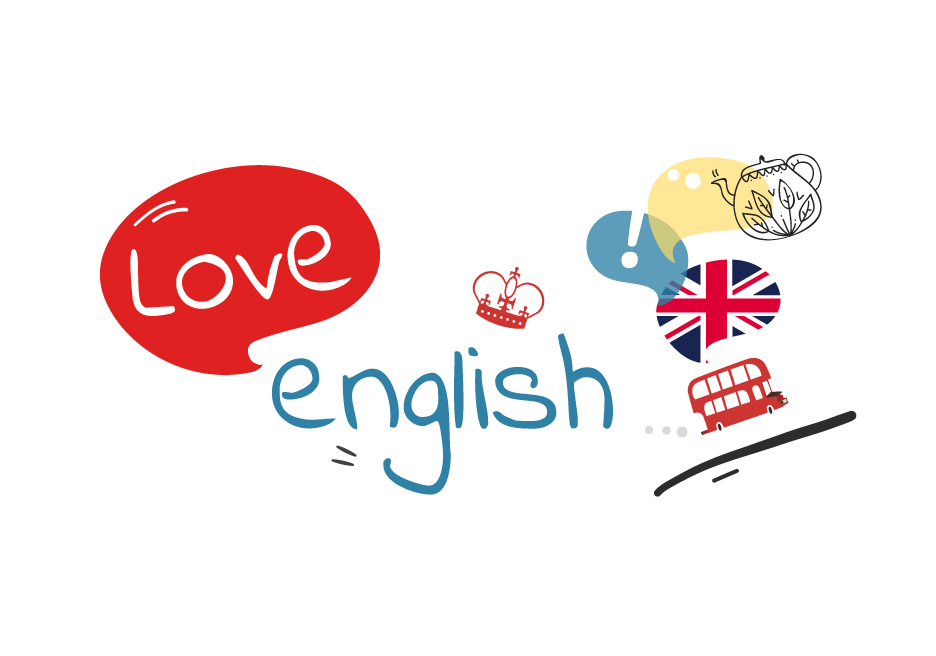




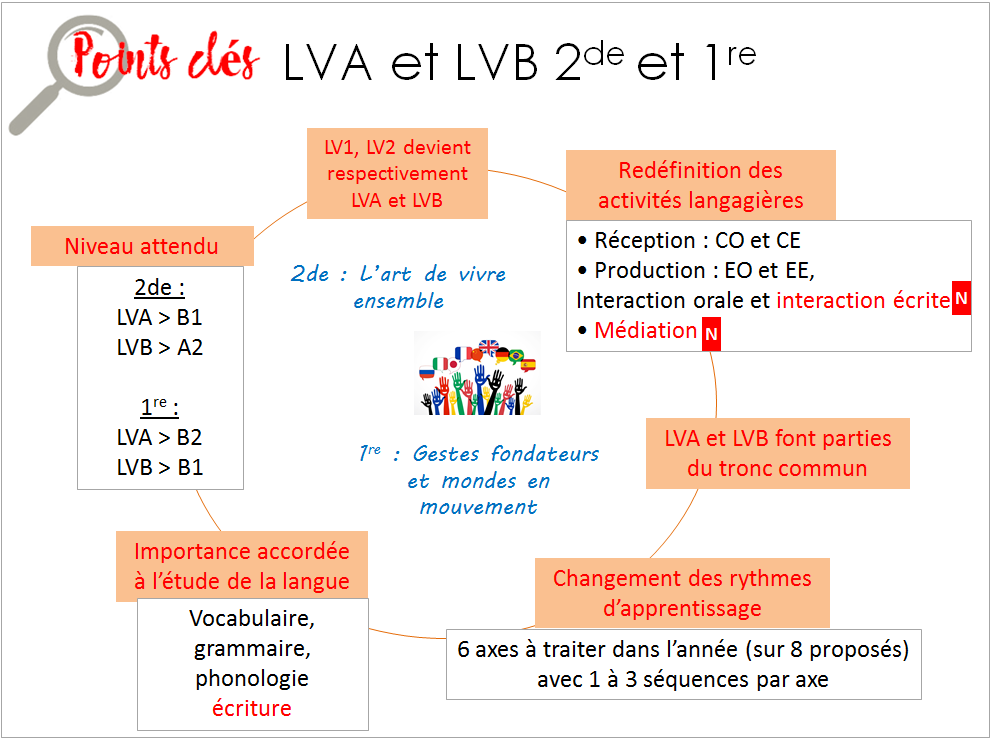




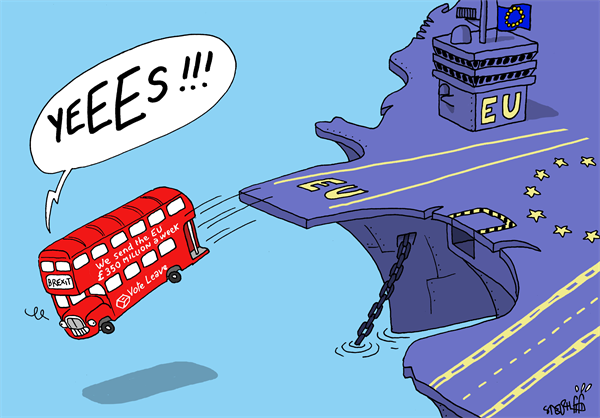
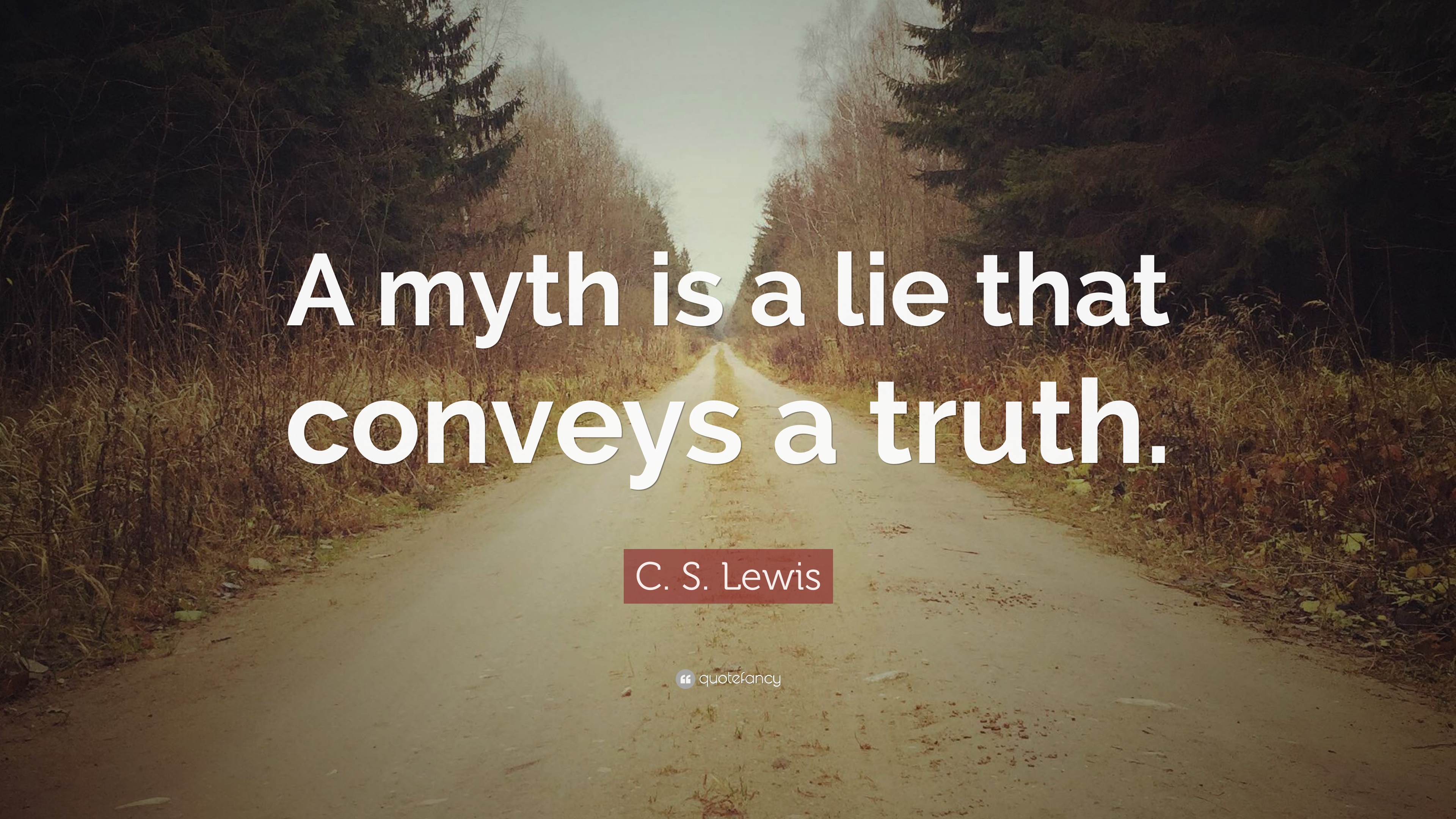

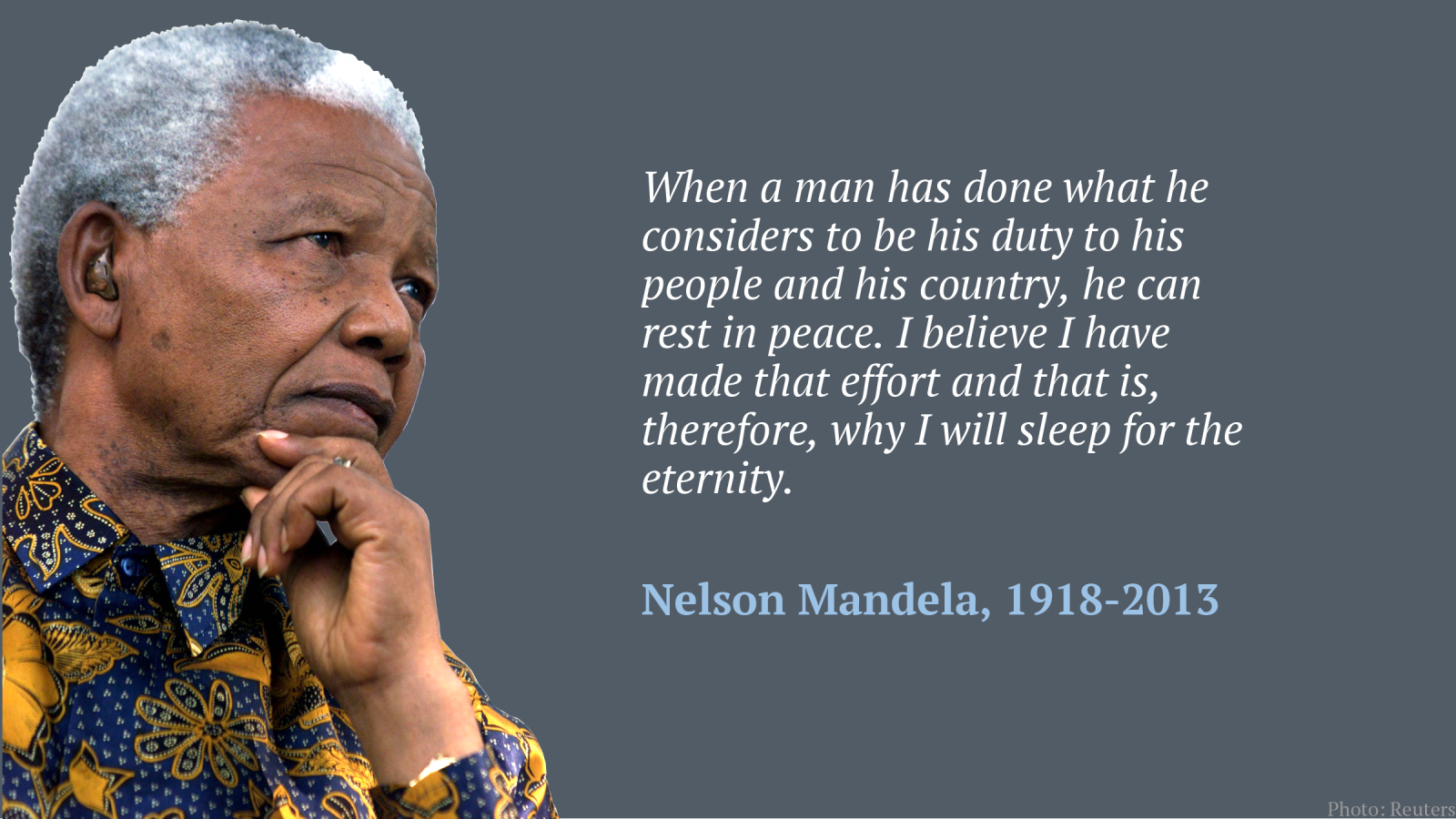

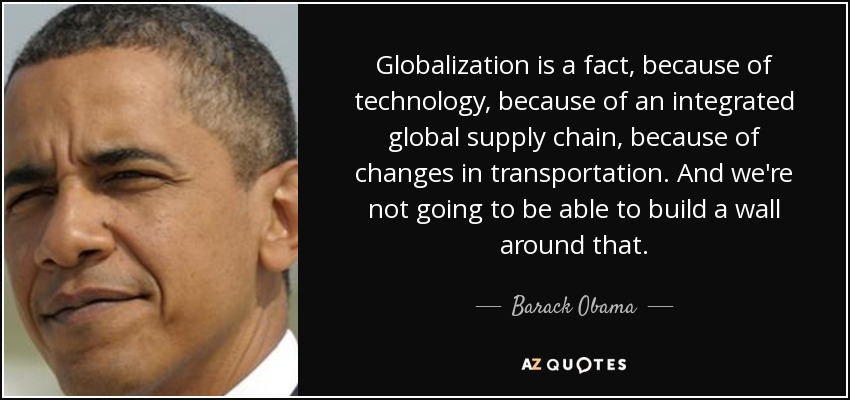
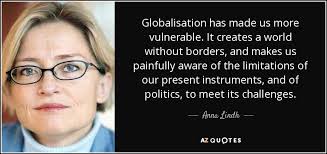
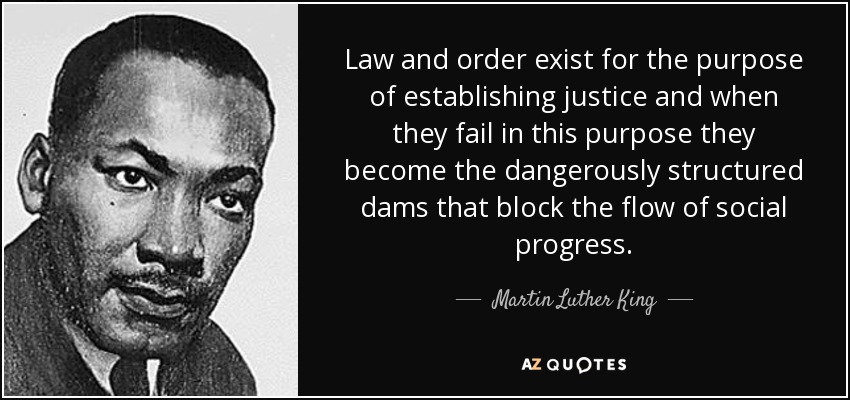


 Happy New Year!
Happy New Year!







